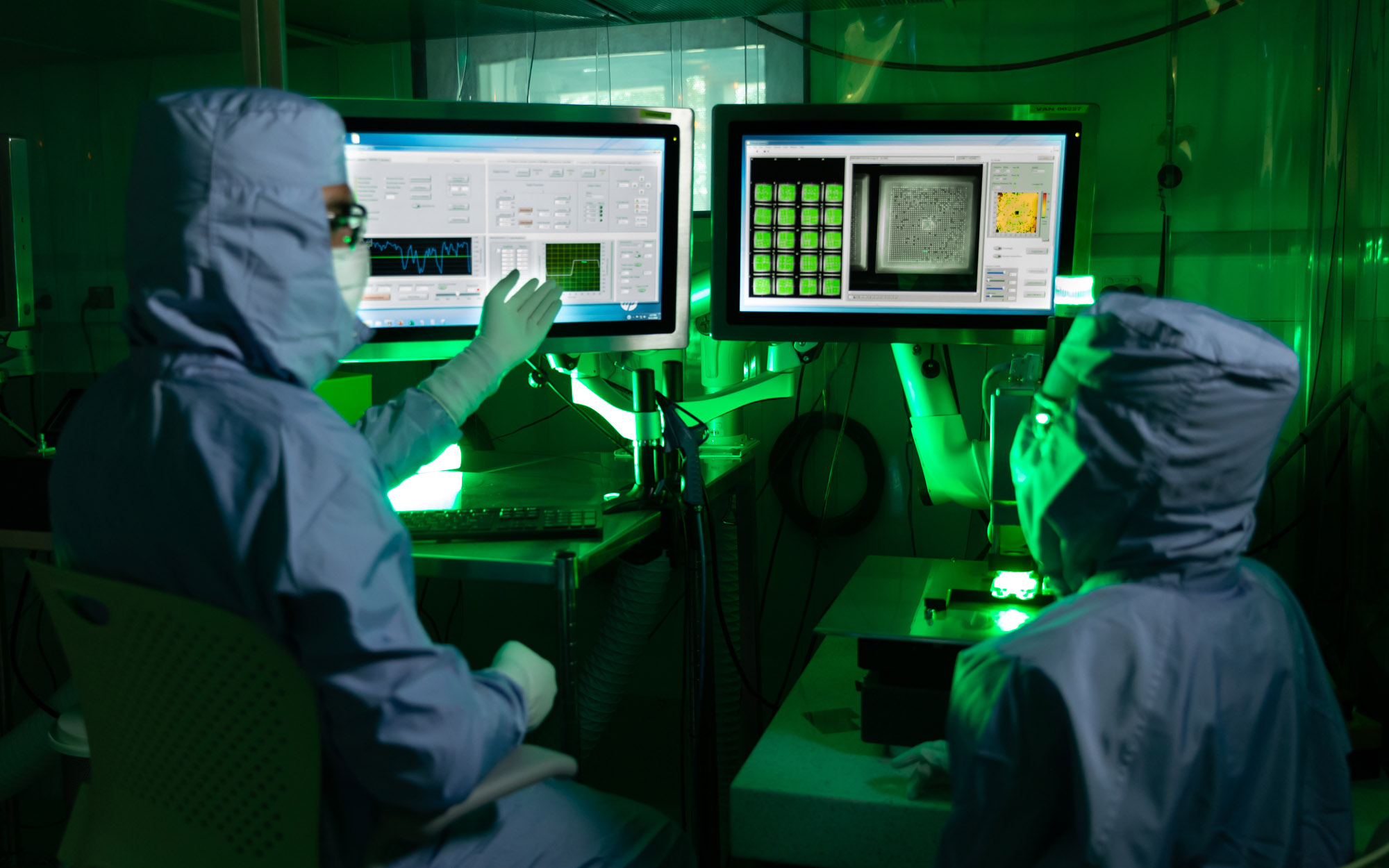Media release
From:
A needle-free COVID-19 vaccination could be possible, with University of Queensland scientists successfully protecting mice from the virus by administering a US-developed vaccine candidate with a ‘patch’.
The University of Texas Hexapro vaccine candidate – delivered via the UQ-developed and Vaxxas-commercialised high-density microarray patch (HD-MAP) – provided protection against COVID-19 disease with a single, pain-free ‘click’ from a pocket-sized applicator.
Dr David Muller, from UQ’s School of Chemistry and Molecular Biosciences, said the vaccine patch produced strong immune responses that were shown to be effective when the mice were exposed to SARS-CoV-2 – the virus that causes COVID-19.
“When the Hexapro vaccine is delivered via HD-MAP applicator – rather than a needle – it produces better and faster immune responses,” Dr Muller said.
“It also neutralises multiple variants, including the UK and South Africa variants.
“And it’s much more user-friendly than a needle – you simply ‘click’ an applicator on the skin, and 5000 microscopic projections almost-imperceptibly deliver vaccine into the skin.”
Dr Muller said the UQ team, together with Vaxxas, hoped to take the technology to the world and are looking for funding opportunities to accelerate to clinical trials as soon as possible.”
“Hexapro, delivered by the high-density microarray patch, could dramatically assist global vaccine rollout effort, particularly for billions of vulnerable people in low- and middle-income countries.
“We’ve shown this vaccine, when dry-coated on a patch, is stable for at least 30 days at 25 degrees Celsius and one week at 40 degrees, so it doesn’t have the cold chain requirements of some of the current options.”
President and CEO of Vaxxas, David L. Hoey, said he was extremely excited about the findings.
“These results are extremely clear – vaccination by HD-MAP produces much stronger and more protective immune responses against COVID-19 in model systems than via needle or syringe,” he said.
“We thank and recognise our incredible research collaborators at UQ for these important findings.
“The prospect of having a single-dose vaccine, that could be easily distributed and self-administered, would greatly improve global pandemic vaccination capabilities.”
The research is published in Science Advances (DOI: 10.1126/sciadv.abj8065).
Multimedia






 Australia; QLD
Australia; QLD



